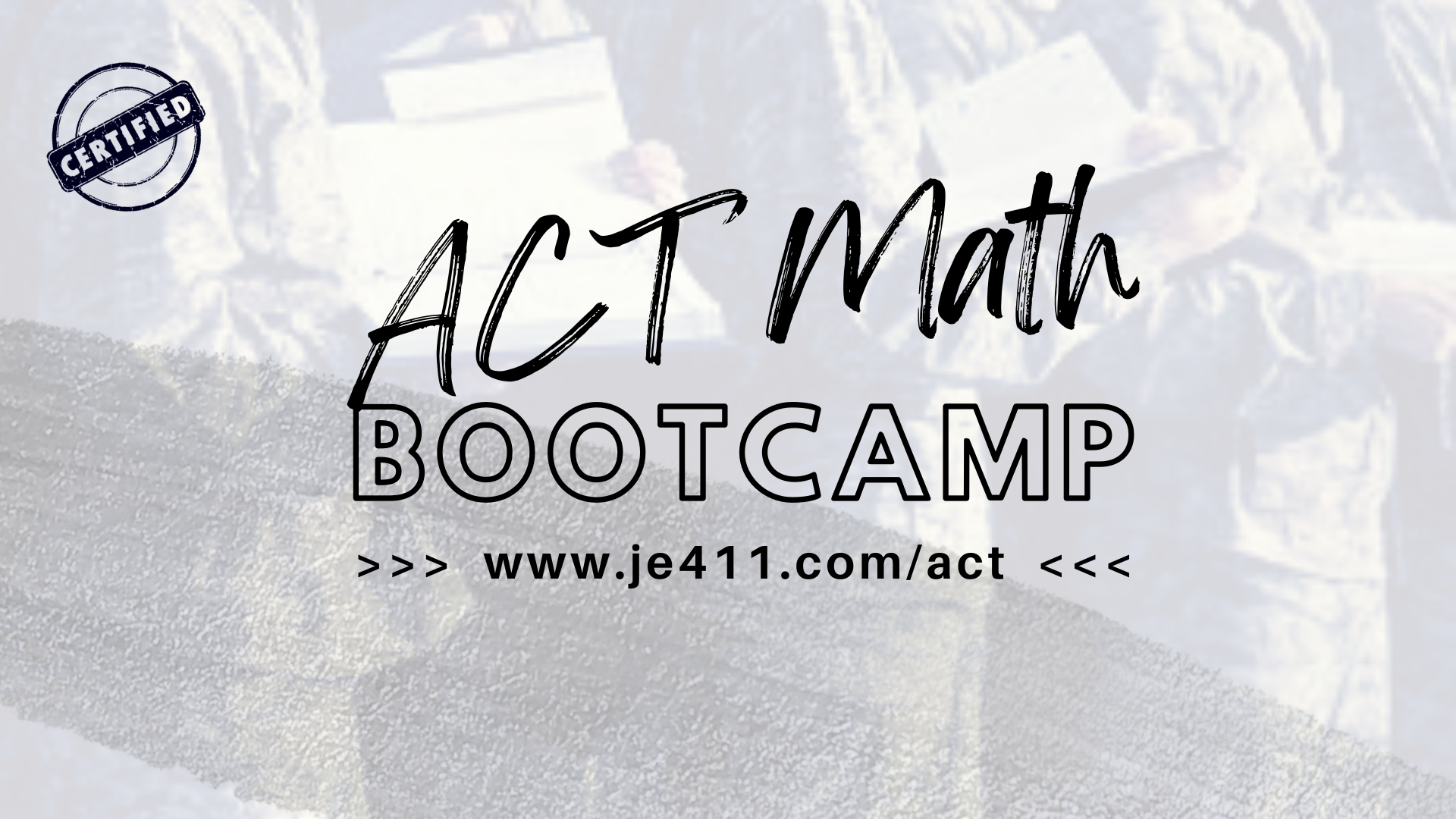Literacy Camp Lessons
Before one-on-one K-8 Intensive Summer Intervention, there was Summer Literacy Camp. A small group of elementary students from different districts - each with their own challenges and strengths - came together to build literacy skills. They completed hands-on activities, initiated lively discussions, and participated in strategic games. Topics included written self-expression, cause-and-effect relationships, and sequencing events. Everything was planned: lessons were meticulously detailed, activities were aligned with state standards. Then, parents and students arrived. Learning began.
With each passing activity, we found a groove. Students developed an understanding of behavior expectations. Volunteers learned to work together to serve the unique needs of the group. Everyone learned to support one another in ways that facilitated learning without sacrificing curiosity and creativity.
The experience emphasized three strategies for teaching literacy.
#1: Don't go it alone.
Involving parents and family members in the learning process improves performance. In addition to sending warm-up activities home and making them available online before each camp date, peer tutoring improved student-teacher ratio. Literacy learning was designed to be accessible and inclusive; engaging students in the inquiry-based lesson required remediation and acceleration. Having the numbers to facilitate multiple means of expression and assessment ensured growth for each student. Reciprocal teaching benefits all stakeholders.
#2: Be the guide on the side.
View the lesson plan as an instructional guide; lesson plans are not law. We want to remain flexible. We need space and opportunity to capitalize on spontaneous teachable moments. This is particularly challenging when time is limited (which is almost always the case). Transitioning from one topic to the next as outlined in a day's lesson plan may not be the best way connect with students. During Literacy Camp, scaffolds were provided as students completed increasingly challenging activities. The objective was to engage all students, to improve individual performance through preparation… anticipating misconceptions and making room to address misconceptions in meaningful ways.
#3: Take time to reflect and improve.
We reflect in different ways. Some people blog about their experiences. Others prefer to keep portfolios private. Most adopt a reflection strategy that’s somewhere in the middle. Whichever the approach, moments of reflection are invaluable. These moments provide opportunity to identify areas in need of improvement as well as successes worth celebrating. Ultimately, reflection on Summer Literacy Camp resulted in a renewed commitment to deliver personalized one-on-one services. Small group tutoring and training remains an option, still the need for one-on-one, private experiences remains evident.
In this post-COVID season (I think it’s safe to claim it), clients still prefer the convenience of online learning. During K-8 Intensive Summer Intervention and ACT Math Camp, students and test-takers experience one-on-one, private learning experiences.
Spring semester ends with graduation celebrations. Still, summer learning is part of the journey for many. If you or your child needs academic support, click here to learn more about personalized tutoring and customized training options.



